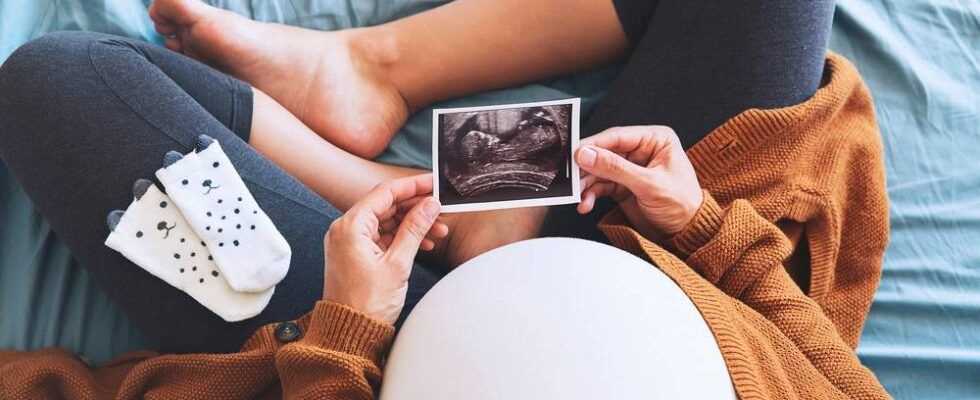Neanderthals were not only survivors, they also left us useful DNA: German researchers led by Hugo Zeberg from the Max Planck Institute for Evolutionary Anthropology in Leipzig were able to show that about one in three European women carries a certain gene mutation that can be identified by a Crossing of our ancestors with Neanderthals resulted. And this mutation is extremely practical – because it ensures that women are more fertile.
Fertile thanks to Neanderthals?
The mutation called V660L changes two DNA sections of a receptor to which the hormone progesterone docks. Docking triggers a reaction chain that ensures that the uterus is prepared for the implantation and care of an embryo.
In their investigation, Zeberg and his colleagues now checked whether the mutation already occurred in our ancestors and examined three Neanderthal genomes. Your result: All three genomes showed the change. This is in the DNA section that has been shown to have passed into our genome. In addition, the researchers found that V660L was only slightly widespread 40,000 years ago, but became more and more common over time. The reason for this is that women with the mutation gave birth to more children and suffered less bleeding and miscarriage than unaffected women. "These results indicate that the Neanderthal variant of the receptor has a beneficial effect on fertility," said Zeberg.
Practical legacy
Overall, Europeans carry around two percent of the Neanderthal genome, which has various advantages for us. For example, this genetic material strengthens our immune system and supports us in fat loss. The improved fertility through the Neandertal gene is now added as a plus.
